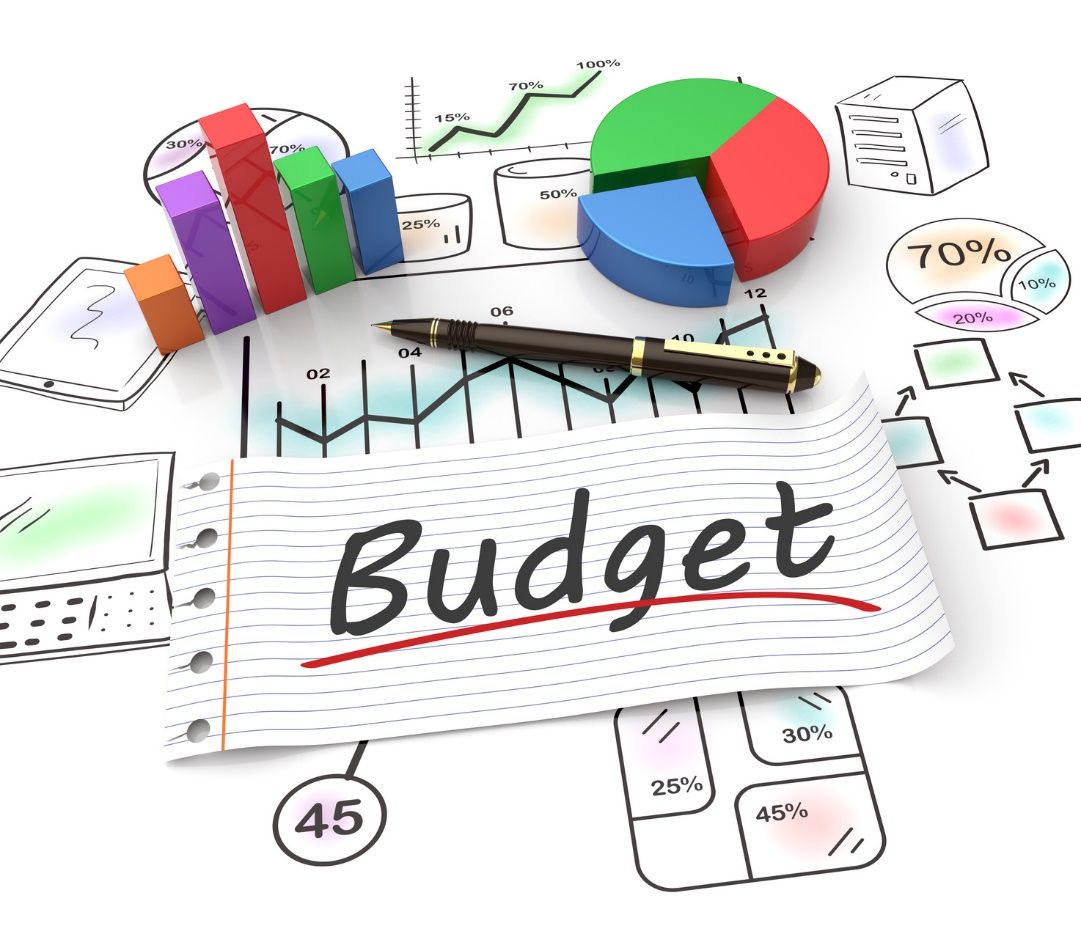In the fast-paced and ever-evolving tech industry, maintaining a competitive edge is crucial for sustainable growth. One essential aspect of achieving this is effective budgeting and forecasting. Regardless of the size or nature of your tech business, having a well-crafted budget and accurate forecasting can significantly contribute to your success.
Why Budgeting Matters
1. Financial Control: A well-defined budget allows businesses to track and monitor their financial resources. By forecasting income and expenses, companies can gain valuable insights into their financial position and have better control of their resources.
2. Resource Allocation: Budgeting helps in determining the allocation of resources based on priority and urgency. This enables businesses to direct their funds optimally, ensuring that crucial tech-related investments, such as research and development, infrastructure, and talent acquisition, are adequately funded.
3. Risk Management: Budgeting plays a crucial role in identifying potential risks and creating strategies to mitigate them. By allocating financial resources to risk management initiatives, businesses can proactively tackle unforeseen challenges, safeguarding their growth and stability.
Understanding Forecasting
Forecasting supplements budgeting by estimating future trends, market demand, and financial performance. It helps businesses plan for growth, make informed decisions, and take advantage of emerging opportunities. Accurate forecasting allows companies to adapt to market changes swiftly and ensures they stay ahead of the competition.
Benefits of Forecasting
1. Enhanced Strategic Planning: Forecasting enables businesses to align their strategies with realistic expectations. It helps identify potential obstacles and opportunities, allowing for the development of effective growth strategies and the ability to capitalize on market trends.
2. Adequate Resource Allocation: Accurate forecasting empowers businesses to allocate resources efficiently. It ensures that the right technologies, talent, and infrastructure are in place to meet projected demands, preventing over or under-utilization of resources.
3. Improved Financial Decision-Making: By analyzing historical data and market trends, forecasting aids in making informed financial decisions. Whether it’s securing funding, investing in new technologies, or optimizing cash flow, accurate forecasting minimizes risks and maximizes returns.
Integration of Technology
In the tech sector, leveraging available technological tools and software can significantly streamline the budgeting and forecasting processes.
1. Cloud-Based Solutions: Cloud-based budgeting and forecasting tools offer real-time data access, collaboration, and automated reporting. These solutions simplify data collection, analysis, and ensure data accuracy, leading to more reliable forecasts.
2. Data-Driven Analysis: Modern technology allows businesses to harness vast amounts of data and leverage advanced analytics techniques. By utilizing analytics platforms, tech businesses gain deeper insights into market trends, customer behavior, and other crucial factors, resulting in more accurate forecasting.
Conclusion
In conclusion, budgeting and forecasting are indispensable tools for business growth in the tech industry. By implementing effective budgeting practices and accurate forecasting techniques, businesses can achieve financial control, optimize resource allocation, mitigate risks, and make informed strategic decisions. Technology-driven solutions further enhance these processes, enabling tech businesses to remain agile, adaptable, and thrive in the ever-evolving tech landscape.

